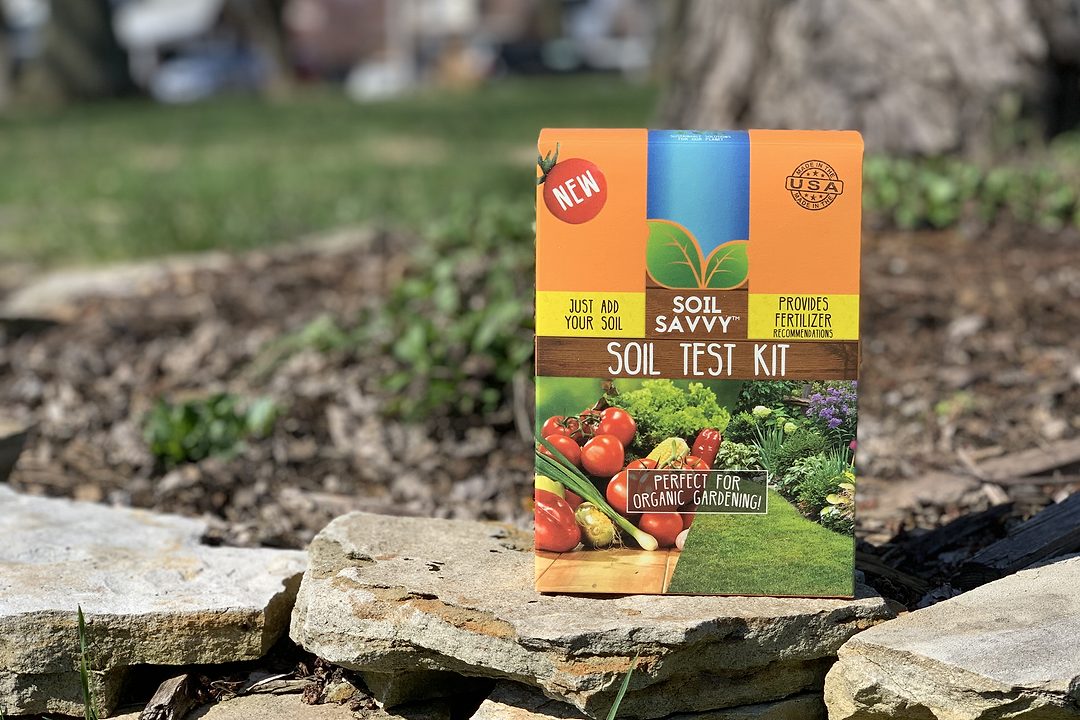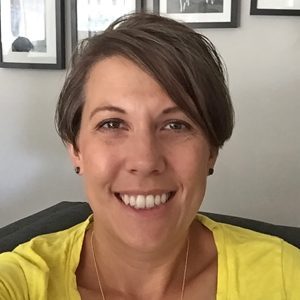
Home » Kennewick company plans to go public this fall
Kennewick company plans to go public this fall

October 14, 2019
A Kennewick company already selling a popular soil-test kit on Amazon is poised to grow its success when it goes public this fall.
“What I see this company doing is going from several million in sales to a whole lot more,” said James Katzaroff, senior vice president for finance for UNIBEST International. “We’re going to save fertilizer costs, save the planet and bring either a better yield or better product.”
Currently operating in a small Kennewick strip mall near West Clearwater Avenue, the company has developed an ion-exchange resin technology used in the Soil Savvy home and garden kits that also is used in larger-scale applications.
The technology allows a gardener or farmer to practice precision agriculture by converting raw field data—what’s in the soil—into specific recommendations on what to apply to the dirt—and when —to optimize plant health and soil quality.
“There’s a big shift in this predictive analysis, and we expect to be the leader,” Katzaroff said.
Home kits
The kits sell on Amazon for about $30, allowing UNIBEST to analyze customers’ lawn or garden soil needs by determining their soil’s composition and to recommend what nutrients their plants might benefit from.
UNIBEST has sold thousands of kits and shipped them to more than five dozen countries in recent years. It’s also been featured on the Rachel Ray Show.
“There’s only a certain form of nutrients that are available for the plant to uptake through its root structure. We have a technology that measures what is bioavailable, so it acts like a synthetic plant root,” said Mark Riess, chief executive officer for UNIBEST.
The home kit comes with sample jar with a plastic capsule that mimics plant roots, a soil scoop and pre-paid return mailer that gets sent to a lab in Walla Walla, which tests the soil and determines what nutrients are available to the plants —not just currently, but in the near future.
“A regular soil test will tell you what’s in the soil but not necessarily what’s available to the plant,” said Dennis Crass, president of EcoTrack Services, a division of UNIBEST International. “We bridge the gap using our technology. It will tell you what’s available to the plant, and what we’ve been able to demonstrate is, our data can tell you two to four weeks out, what will be in the plant. Whether it’s cannabis or hemp, or from the agricultural side, we can help you make proactive decisions on what you need to recover, rather than a reactive decision. Because once you find it in the plant, if you have deficiencies, it’s too late.”
The company said this is the crucial difference between a basic soil test that could run about $50, or a test on the tissue of the plant to determine what’s inside. Neither has the predictive technology to allow a commercial farmer or home gardener to make necessary changes to save their crop or lawn.
“It’s like going to the doctor when you’re sick. Wouldn’t you rather just not go to the doctor?” asked Katzaroff. “If you get a cold, it doesn’t matter how much zinc you take. In this case, the plant is our patient.”
The company’s Soil Savvy kits have proven popular with those interested in growing cannabis or hemp, allowing the fertilizer recommendation report to be tailored to the specific growth stages of the plant, which may be critical for overall quality and results.
UNIBEST plans to market a different kit, using the same technology, specifically for cannabis growers.
Commercial applications
The company uses the same technology found in the lawn and garden kits on a larger scale to measure nutrients in bigger farming operations, streams and watersheds, Riess said.
“Our goal and objective is to get our solutions into the cloud. That allows us to work with our worldwide partners, like large agronomic partners, to allow lab partners all over the world who can handle our systems,” he said. “What’s really the value-add is the data, from understanding and knowing what to apply and when to apply it. The timing is very crucial.”
Additionally, the company can work with growers to get desired results based on soil quality and fertilizer choice.
“You tell us your crop, you tell us your yield goal, you tell us the growth stage, and we can do very intense calculations and we’ll tell you if you’re in a sufficiency range and then we’ll give you a recommendation on the major ones, including what fertilizer to buy and the rate in which to apply it,” Riess said.
“If you come in and say, ‘I want to grow soybeans, and here’s my soil and I’m looking at these three or four products, which one would work better to give me the best results?’ We can do that in a month in the lab, or less,” Crass said.
The same technology is being used to improve water quality in areas ranging from golf course ponds to the Chesapeake Bay or Mississippi River Delta.
“One of the big issues out there right now is over-fertilization and the nutrients are getting into watersheds,” Crass said. “You get the nutrients feeding the algae, the algae die, the bacteria feed off that, the bacteria basically deplete the oxygen and then nothing can live in those areas.”
The test kits can be used to determine where the farmland runoff is occurring, he said.
The company is participating in a long-term study of Mill Creek in Walla Walla to help isolate the sources of pollution.
UNIBEST also teamed up with Virginia Polytechnic Institute and State University (Virginia Tech) to mitigate and repair waterways.
“Instead of farming right up to the edge of the stream, you leave a buffer area of brush, shrubs, trees that help pick up the nutrients as they run through,” Crass said. “Farmers don’t like that because it’s money out of their pocket. Virginia Tech is looking at crops that can be harvested. We’re using the agriculture manager kits to get a baseline on nutrient buildup and eco-trackers in the groundwater to look at what are the nutrients, not just in the groundwater getting past the red zone of the plant and into the water column.”
The control plots use hazelnut trees in the repairing areas as a buffer, but they also can be harvested so farmers aren’t losing out on potential income from an unplanted portion of land.
“Once the hazelnut trees have matured, we’ll put trackers into streams. Then we’ll know what’s in the field, what’s getting below the red zone migrating through the repairing area and what’s making it into the stream, to determine how effective the repairing area of the hazelnut trees will be,” Crass said.
Going public
As it prepares to go public, UNIBEST is looking to partner with more labs around the world that could run the technology it has patented, with some adjustments.
“We’re trying to set up lab partnerships in Vietnam, the U.K. and Chile,” Riess said. “So with that comes interpretation. What’s corn here is maize in the U.K. What’s pounds per acre here is kilograms per hectare. When we do all these calculations, we have to do a conversion of all of our reports, along with the language barrier.”
The expansion is expected to increase staff “dramatically” at UNIBEST, which currently employs about a dozen people, and likely means a name change for the company, though a new one has not yet been determined.
“We would definitely be adding staff as far as agronomists and other key functions. But we’d also be looking for niche skills, like with cannabis, within that skillset,” Crass said.
“This company has got the opportunity to do a $500 million to $1 billion market cap due to the amount of people who are coming to the company who want to do work. The technology with the patents is fantastic,” said Katzaroff, who is excited about the possibilities ahead. “There is no competition that we’ve ever found yet. So, properly mined, this is huge.”
Kennewick’s UNIBEST International is expected to be on the Over-The-Counter Bulletin Board, the electronic quotation service for investors and traders, within the next 45 days.
Local News
KEYWORDS october 2019





